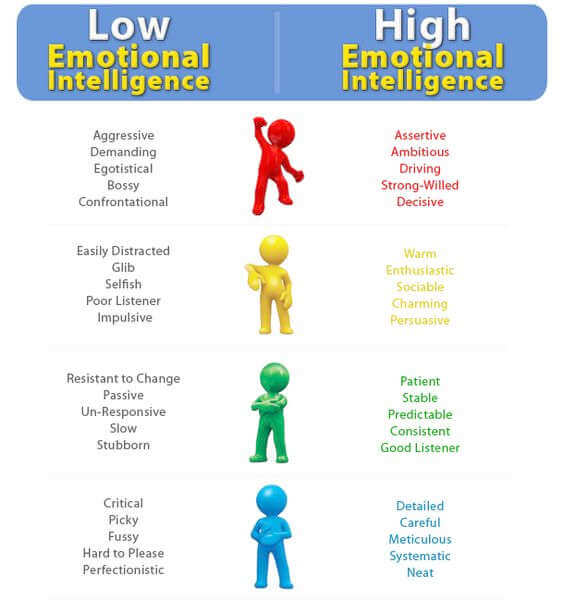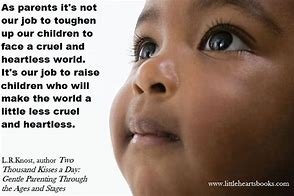
Money may not buy happiness, but studies show that it can significantly improve your health as just like exercise and healthy eating habits.
Anxiety about money can trigger a increase in cortisol, which increases appetite. There’s also evidence that stress can affect food preferences, prompting people to increase their intake of fatty and sugary treats which often leads to weight gain and health problems such as obesity and type 2 diabetes. #Anxiety can also produce significant increase in blood pressure and glucose. Pre-COVID, the average American had less than a 2 month emergency fund, its no wonder that post-COVID, Americans are more stressed and anxious.
Sadly, the more anxious someone is about money, the less likely they are to deal with it. Dr. Mary Gresham, an Atlanta-based psychologist. “Many people who are deeply anxious about money will handle that anxiety with avoidance….” So what do you do? How do you re-train your brain to come from abundance not scarcity?
Start with a commitment to being proactive…stop procrastinating! Make a plan (budget) to deal with debt by practicing delayed gratification. Change your thinking and your results will change. Reduce your costs. Participate in your retirement plan at work and learn to pay yourself first every paycheck. Don’t have a savings plan at work, start an IRA or a Roth and save monthly. Create a 3-6 month emergency fund.
Suze Orman says, “If we do not love money enough to keep any of our income now in savings for emergencies, retirement, and other purposes it is because we do not respect and value having money as we should“.
Harmoney Financial Literacy and Salus Vita Counseling have partnered to help you gain clarity and relieve the stressors that affect your health and happiness. We know it’s not easy, but it is as essential to live a more fruitful, productive, joyful life. Call us today at 202.503.9139 or send an email to www.harmoneyfinancialliteracy.com to get started on the path to healthier happier you!





![13 Most Popular Gratitude Exercises & Activities [2019 Update]](https://positivepsychology.com/wp-content/uploads/The-Benefits-of-Gratitude.png)



